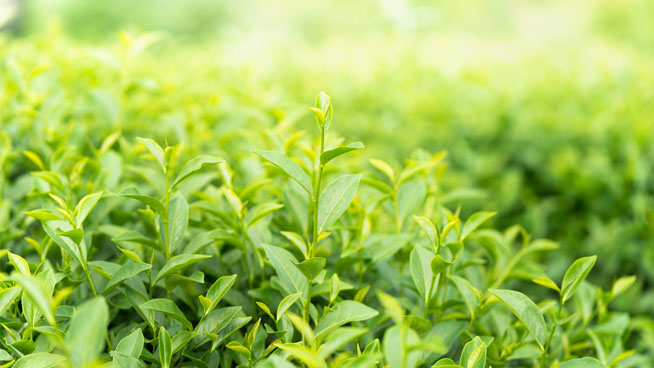The History of Tea 2
添加时间:2021-07-06 21:40:30 浏览:2462
In the eighth century, a Japanese monk traveled to China in an effort to experience China's monastic culture.
The nature of his visit was similar to today's cross-culture exchange programs.
Eventually, his journey transcended its initial purpose as he brought home not only knowledge of China's monastic practices, but also its rich tea culture.
Tea has also since been embedded in Japanese culture.
As a result, tea is viewed as the cornerstone of the openness related to China's prosperous period of the Tang.
These days, tea is also considered to be the national drink of Britain.
However, tea wasn't actually introduced to Britain until the 17th century. In fact, it wasn't even the first European country to start trading tea with China.

Both the Dutch and the Portuguese preceded Britain in tea trading, and Britain only caught up when the Portuguese princess, Catherine of Braganza, who was a renowned tea buff of the era, got married to Charles II.
One upshot of the surging nation-wide fascination with tea was a greater impetus for British merchants to trade with China.
The demand for tea was so high that a type of fast ship, the clipper, was developed to achieve speedy deliveries.
During that period, dozens of merchant ships simultaneously racing against each other on the open sea was not a rare sight.
During the Qing dynasty (1644 -1912 AD), tea was one of China's most lucrative exports.
However, traders on the other side of the globe were getting reluctant to pay extravagant sums for it.
To minimize the cost of purchasing tea, they offered opium in place of silver as the form of payment, which resulted in disastrous consequences for China, as millions of Chinese people became enveloped in drug addiction.
In response to this national crisis, a Chinese official named Lin Zexu accused the British business guild of acting with purposeful malice in their dealings, and destroyed a large consignment of opium as a show of protest.
However, this turned into the flash-point that triggered the First Opium War, which led to a further chain of events that entirely uprooted the ruling Qing, and seriously weakened China's international power.
A beverage that has witnessed both times of peace and times of war during its multifaceted millennia of history, tea is now firmly one of the most popular drinks all around the world, second only to water.
Many cultures and countries have established their own brands of tea, making the flavors and types available more diverse than ever.